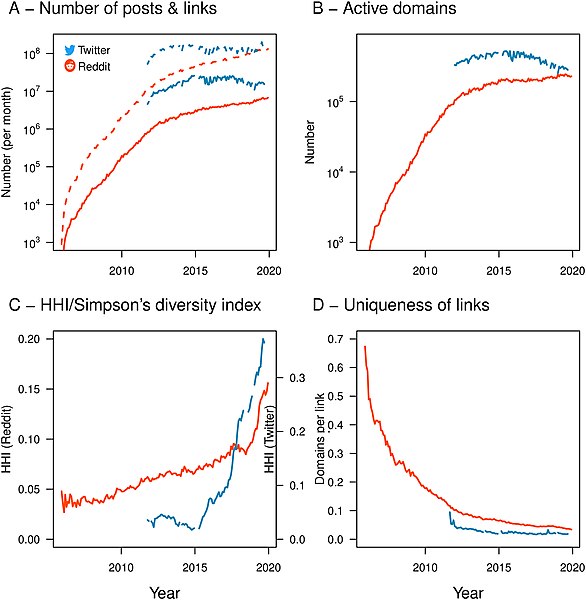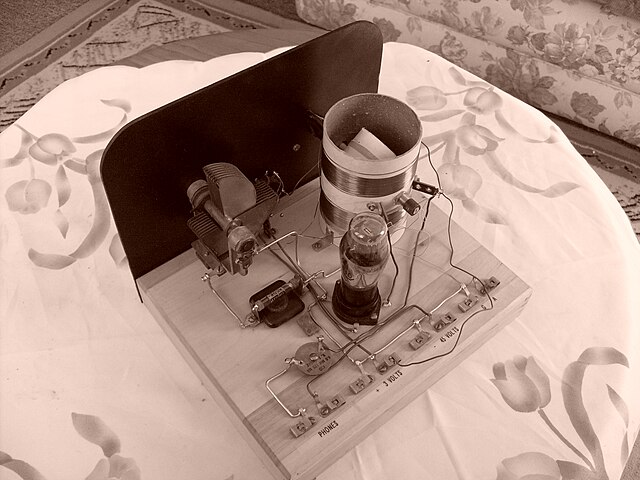In economics, a network effect is the phenomenon by which the value or utility a user derives from a good or service depends on the number of users of compatible products. Network effects are typically positive feedback systems, resulting in users deriving more and more value from a product as more users join the same network. The adoption of a product by an additional user can be broken into two effects: an increase in the value to all other users and also the enhancement of other non-users' motivation for using the product.
Clues about the long term results of network effects on the global economy are revealed in new research into Online Diversity.
Positive feedback is a process that occurs in a feedback loop which exacerbates the effects of a small disturbance. That is, the effects of a perturbation on a system include an increase in the magnitude of the perturbation. That is, A produces more of B which in turn produces more of A. In contrast, a system in which the results of a change act to reduce or counteract it has negative feedback. Both concepts play an important role in science and engineering, including biology, chemistry, and cybernetics.
In sociology a network effect can quickly create the positive feedback of a bank run. The above photo is of the UK Northern Rock 2007 bank run.
A vintage style regenerative radio receiver. Due to the controlled use of positive feedback, sufficient amplification can be derived from a single vacuum tube or valve (centre).
A phonograph turntable is prone to acoustic feedback.
Video feedback.





